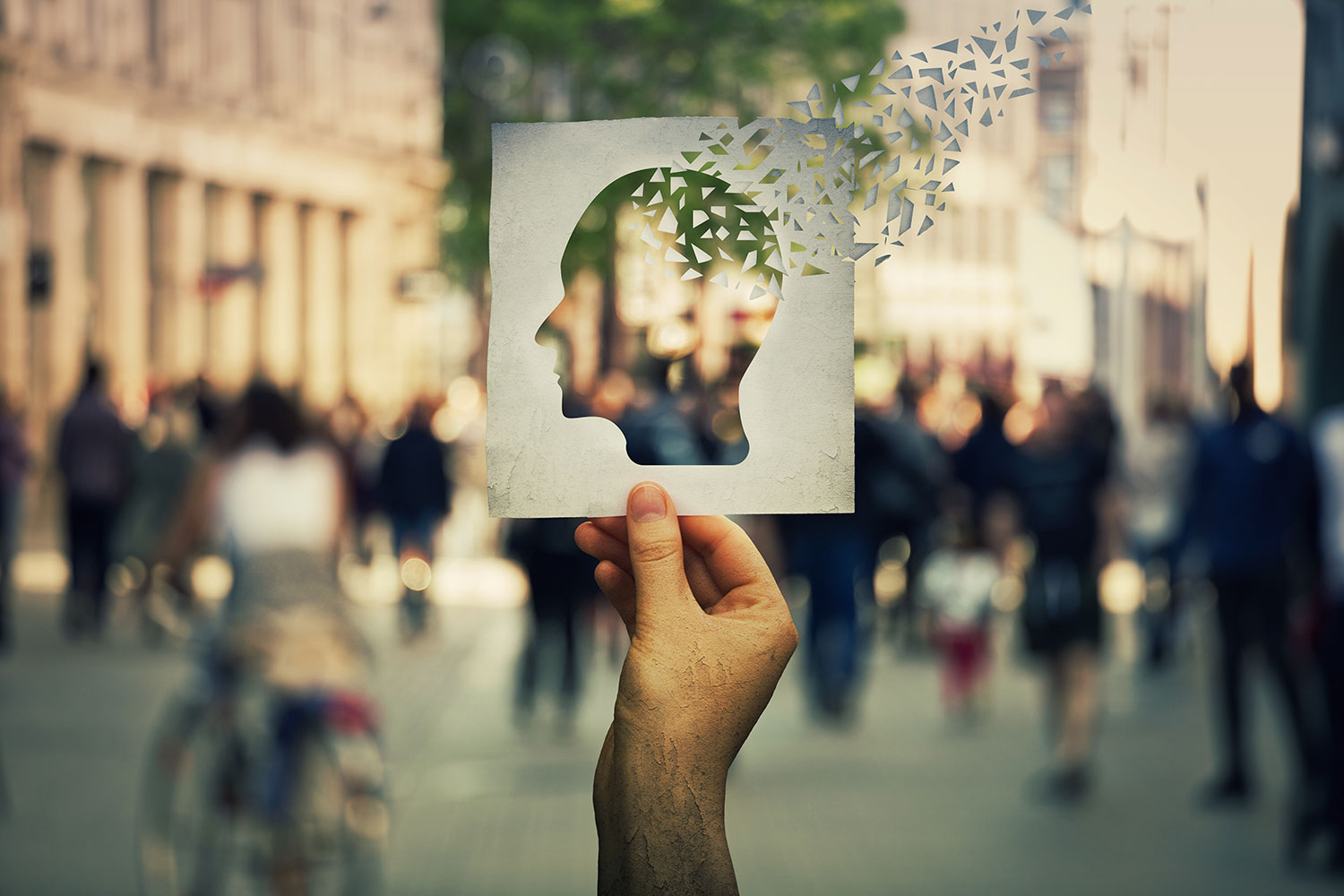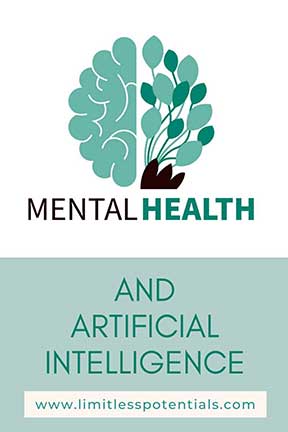EMDR, Trauma, and Addiction
EMDR, Trauma and Addiction is a guide created for psychotherapy practitioners to assist them in navigating the treatment of patients suffering from Trauma and Addiction using EMDR.
In his comprehensive book Dr. Mate, explores how psychosocial stress contributes to ill health. Learn about the 7 A’s of healing to relieve stress.

In his comprehensive book Dr. Mate, explores how psychosocial stress contributes to ill health. Emotional competence, that is self regulation tools, are what we need to develop and practice if we are going to protect ourselves from the hidden and overt stressors that can risk our health. He states we need to teach emotional competence to our children and practice it ourselves as the best preventative medicine.
He studied the physiological responses of stress to three types of personalities: Type A: individuals who are seen as angry, tense, fast, aggressive, and in control. These types are more prone to heart disease. Type B: represents the balanced, moderate, human being who can feel and express emotion without being driven to outburst, without losing themselves to uncontrollable outbreaks. And Type C: these personalities described as being extremely cooperative, patient, passive, lacking assertiveness, and accepting.
Type C individuals can resemble Type B, both may appear easy-going and pleasant but Type B can easily express anger, fear, sadness, and emotions while the Type C individual suppresses or represses negative emotions particularly anger while struggling to maintain a happy front, or in effort to stay connected to others.
The type C personality traits are often associated with cancer and asthma patients. Cancer patients have a statistically significant higher degree were more likely to demonstrate the traits of the repression of anger and other negative emotions. To appear being nice or a good person suppressing reactions which may offend others to avoid conflict are typical in persons with cancer and asthma. Self reported childhood or adult unhappiness was also more common with type C personalities.
While Dr. Mate says that while there is no personality “type” that causes disease, certain personality features definitely increase the risk because they are more likely to generate physiological stress. He states that we refrain from saying no, or are not aware of one’s anger, it is more likely that a person may find themselves in situations where their emotions are unexpressed, needs are ignored, and kindness and generosity are exploited. Repeated and multiplied over the years, this has potential harm on the immune system. It is the stressors, not the personality “type” that impacts a physiological imbalance, and immune deficiencies, predisposing to disease or the reduction of resistance to it.
The biology of relationships, loss, generational issues, beliefs held, and the power of negative thinking, are essential in exploring for their impact on overall health and wellness. Exploring each of these areas are key in developing supports for daily self-care. In this book Dr. Mate. describes the seven A’s of healing:
1) Acceptance: The willingness to except and recognize how things are rather than how we would like them to be. Acceptance implies a compassionate relationship with oneself. For example he says you cannot force yourself to say no if you don’t know how to. But he says at least you can give compassionate attention to you who is trouble saying no. He says compassionate curiosity about the self does not mean liking everything about ourselves but that we look at ourselves with the same non-judgemental attitude we would with anyone who needs help.
2) Awareness: Dr Mate says that animals and humans are highly competent at picking up on emotional cues. If we lose that capacity as we acquire language it is only because we receive confusing messages from our world. The words we hear tell us one thing, the emotional data says another. It is when the two are in conflict we become repressed. When we repress our gut feelings about what is going on in order to avoid a conflict we lose our emotional competence.
In this book he states this means we must regain our capacity to perceive emotional facts, that we are ready to let go of the paralyzing belief that we are not strong enough to face the truth about our lives. These internal reactions or gut feelings are what we lost when we grew up. Awareness means learning and paying attention to the stress in our lives, how our minds telegraph us or our bodies let us know when we have missed the cues. Dr. Mate quotes leading stress researcher Hans Seyle: “the pituitary is a much better judge of stress than the intellect. Yet you can learn to recognize the danger signals fairly well if you know what to look for.”
3) Anger: Dr. Mate quoted what a Woody Allen character says in one of his movies “I never get angry, I grow a tumor instead.” He says not only does the repression of anger predispose to disease, but the experience of anger has been show to promote healing or at least to prolong survival. For example, persons diagnosed with cancer who have been able to express their anger related to the disease and the treatment, have lived longer than their counterparts who do not.
While there is a relationship between rage and cardiovascular disease, he points out that both repression and rage represent a genuine fear of the experience of anger. Healthy anger expression is an empowering and relaxing process. The real experience of anger is expression without acting out. When anger is expressed in a healthy way, there is no drama. What you see is a decrease of all muscle tension, the jars are relaxed, the voice is calm and in a low pitch, and the shoulders are relaxed. Acting out through bursts of rage is a defense against anxiety. Anger triggers anxiety because it coexists with the feelings for love and a desire to connect.
So what’s the remedy? Dr. Mate says anger does not exist in a vacuum. If we are feeling anger it must be in response to some perception on our part. It may be a response to the threat, of a loss in a personal relationship, or it may be a real or threatened invasion of boundaries. We are greatly empowered without harming anyone if we allow ourselves to experience the anger, and to contemplate what may have triggered it. Depending on the circumstances, we have many ways to let go of the anger. The key is not to suppress the experience of it. The difference between the healthy energy of anger, and hurt from emotional and physical violence is to respect boundaries. Standing forward on your own behalf is not invading anyone else’s boundaries.
4) Autonomy: all people suffer when their boundaries are blurred. According to the Adverse Childhood Experiences Study (ACE) childhood stressors such as emotional or sexual abuse, violence, drug use, or mental illness in the family were correlated with adult risk behaviors, health outcomes, and death. Most commonly in our childhood boundaries are not so much violated as they simply did not exist in the first place. Being autonomous means having an internal felt definition and sense of who you are. It is asking yourself what do you desire, what more or less of what you want, don’t want, and how are you establishing steps to do this. Autonomy is the development of the internal sense of being in control.
5) Attachment: from birth and in earliest attachment relationships were either gain or lose the ability to open, self nurturing, and healthy. These early attachment bonds are where we learn to experience anger, or to fear and repress it. Connection is also vital to healing. Study after study concludes the people without social contact are the greatest risk for illness. People who have enjoy loving, emotional support have a much better prognosis for healing, no matter what disease.
Beyond all of our anger lies a deep need for intimate contact. Healing both requires being vulnerable and being aware of what made us shut down emotionally in the first place. We are no longer helplessly dependent children, we no longer need fear emotional vulnerability. Seeking connections are a necessity for healing.
6) Assertion: Dr Mate says that beyond acceptance and awareness, beyond anger and the unfolding of autonomy, along with our desire for attachment comes assertion. Assertion is the declaration to ourselves and the world that we are who we are. Assertion is the statement of our being, and the values we hold about ourselves independent of our history, personality, abilities, or the world’s perceptions of us. It is neither acting nor reacting. Therefore assertion may be the very opposite of action. That in the refusing to do something and we do not want to do, we let go of the very need to act.
7) Affirmation: when we affirm we move toward something of value. Dr. Mate says there are two basic values that can assist us to heal and remain whole if we honor them. The first is owning our creative self. Everyone has the urge to create. It’s expression may flow through and get expressed in many ways: through writing, music, movement, the creation of a new hobby such as cooking, gardening, or a career change. The point is to honor the urge, take action, and do this is healing for ourselves. The second affirmation is our connection to the world. The assumption that we are cut off, alone, and without contact can be toxic. It is no more than an illusion as we are all connected. Dr. Mate says health rests on three pillars: The body, the psyche, and the spiritual connection. To ignore any of these is to invite in balance and dis-ease.
So in summary, ancient healing practices from cultures around the world have recognized everything is connected. In spite of scientific advances and the evidence in the research, we are still applying what we have found and incorporating these into our medical and mental health practices. We cannot look at illness from a neck up or neck down approach. Clearly we need to look at the whole body, relationships, nutrition, exercise, beliefs, and how we handle stress. I highly recommend you take a look and see what this renown physician has to say about stress. It could save your life and those you love.

LCSW, CAP, C-IAYT, 500RYT, LFYT
Psychotherapist, Certified Trauma and Yoga Therapist, Author, Speaker
TABLE OF CONTENTS

HERE, SHIFT HAPPENS.
Sign up today to get access to the latest mindbody classes and articles for therapist, yogi, and author Dr. Kathy Shafer.Prepare to be inspired, or learn how to just breathe!
EMDR, Trauma and Addiction is a guide created for psychotherapy practitioners to assist them in navigating the treatment of patients suffering from Trauma and Addiction using EMDR.
A recent study shows that online communication, used in moderation, can actually provide a positive boost to mental health. Learn more.
Did you ever think that we would think that Artificial Intelligence (AI) could fill the demand for the “shortage of therapists?” Did you know there was a shortage? On Sunday, April 7th, 2024, CBS ran a segment on 60 Minutes reporting this and implied we can replace live mental health therapy with Artificial Intelligence. This […]
Copyright 2024 Kathryn C. Shafer, LCSW, CAP, C-IAYT | All Rights Reserved | Jupiter Beach, FL


